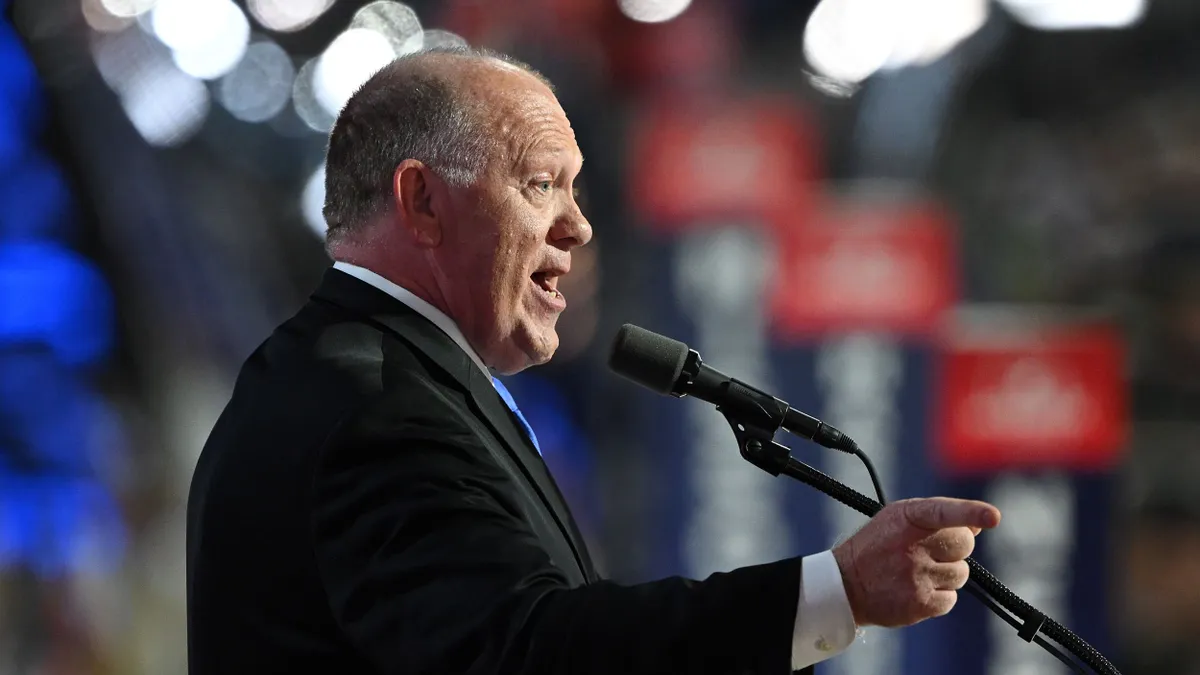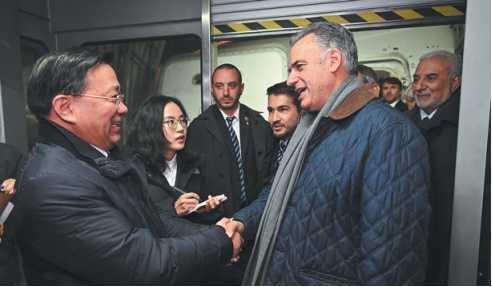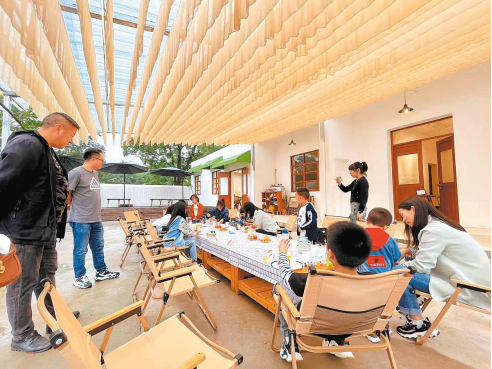Editor’s Note: The recreational use of marijuana is now legal in Alaska, Oregon, Colorado, Washington and the District of Columbia, with a number of similar legislations pending in other states. Teacher John Czernicki shows us how the debate over legalization is not just limited to the legislature and describes how it became an educational opportunity in his Colorado classroom.
As a teacher, I have never been reticent to bring up controversial topics in class.
Living and teaching in Colorado for the past 30 years, I have seen tremendous societal and legislative changes in my state on the issue of marijuana. In 2000, voters approved the legalization of marijuana for medicinal uses, and in 2012, a measure to allow a state-regulated recreational marijuana industry. The state has a new economy based on the sale and distribution of what used to be an illegal product (and still is, under federal law).
My history classes have discussed the issue of marijuana since 1987 in a lesson built around the legislative process. In those lessons, each student researched, wrote and sponsored a bill in our Congress simulation. My classes became the House and the Senate, with me as President.
Students wrote, read and debated their bills in class. Their goal: to get the bill approved for passage by their peers. In addition to marijuana, they debated a number of contentious topics, including abortion, gun control, marriage equality, terrorism and torture. If you could think of anything potentially controversial, I probably had a student write a bill about that topic. And as “President,” I actually signed some well-written and well-researched bills into “law,” once they completed the entire legislative process.
There were never any complaints from administrators regarding this simulation, but once, a parent emailed me and called me a “dope smoker,” perhaps fearing I would turn students into bong-waving miscreants. The gist of the email was that by allowing the students to discuss marijuana, I was encouraging them to smoke it (at this point, it was only legal in Colorado for medicinal purposes). However, since the sender never stated their name, I never responded; I simply reported it to my administrator and they handled it.
Administrators observed my classes during these lessons and gave good feedback. They liked the fact that the students were debating and listening to other people’s arguments in much the same way that adults should discuss controversial topics. What’s not to like about students presenting real-life, well-researched and supported arguments in a respectful manner? These middle-school students were able to argue and debate as well as adults; many of them were already developing opinions on many of the issues that we talked about.
Over the years, I’ve noticed a change in students’ views of marijuana. In the 80s and 90s, when the DARE program was huge and the “war on drugs” was big, there were many more students who were opposed to legalization of marijuana. Now, it seems as if students are more open to debating the issue and listening to the many sides of the argument. At the same time, more students than ever seem to agree with the voters of Colorado — that marijuana should be a legal and state-regulated product.
Recently, I’ve heard more students argue for outlawing tobacco instead of marijuana. To most students, tobacco is about as attractive as the yellow bell bottoms I wore in 1975.
Changes happening in our country are reflected in the classroom in many ways. What used to be controversial issues, such as marijuana legalization or marriage equality, are now issues that students are comfortable discussing and debating in the classroom.
I have always believed in encouraging students to pursue topics that test their fundamental ideas about right and wrong and to find issues that they are passionate about. Teachers everywhere challenge students to think and form opinions through experience and basic research. Marijuana legalization in Colorado has simply been one topic among many I have used in my classroom to get students to research and form their own opinions as they listen to different views.
John Czernicki teachers middle school social studies as a substitute at Westlake Middle School in Broomfield, Colorado, where he taught full-time for 30 years.
Popular News




Current News
Manufacturing

Collaboratively administrate empowered markets via plug-and-play networks. Dynamically procrastinate B2C users after installed base benefits. Dramatically visualize customer directed convergence without
Collaboratively administrate empowered markets via plug-and-play networks. Dynamically procrastinate B2C users after installed base benefits. Dramatically visualize customer directed convergence without revolutionary ROI.





About Us
Tech Photos
























